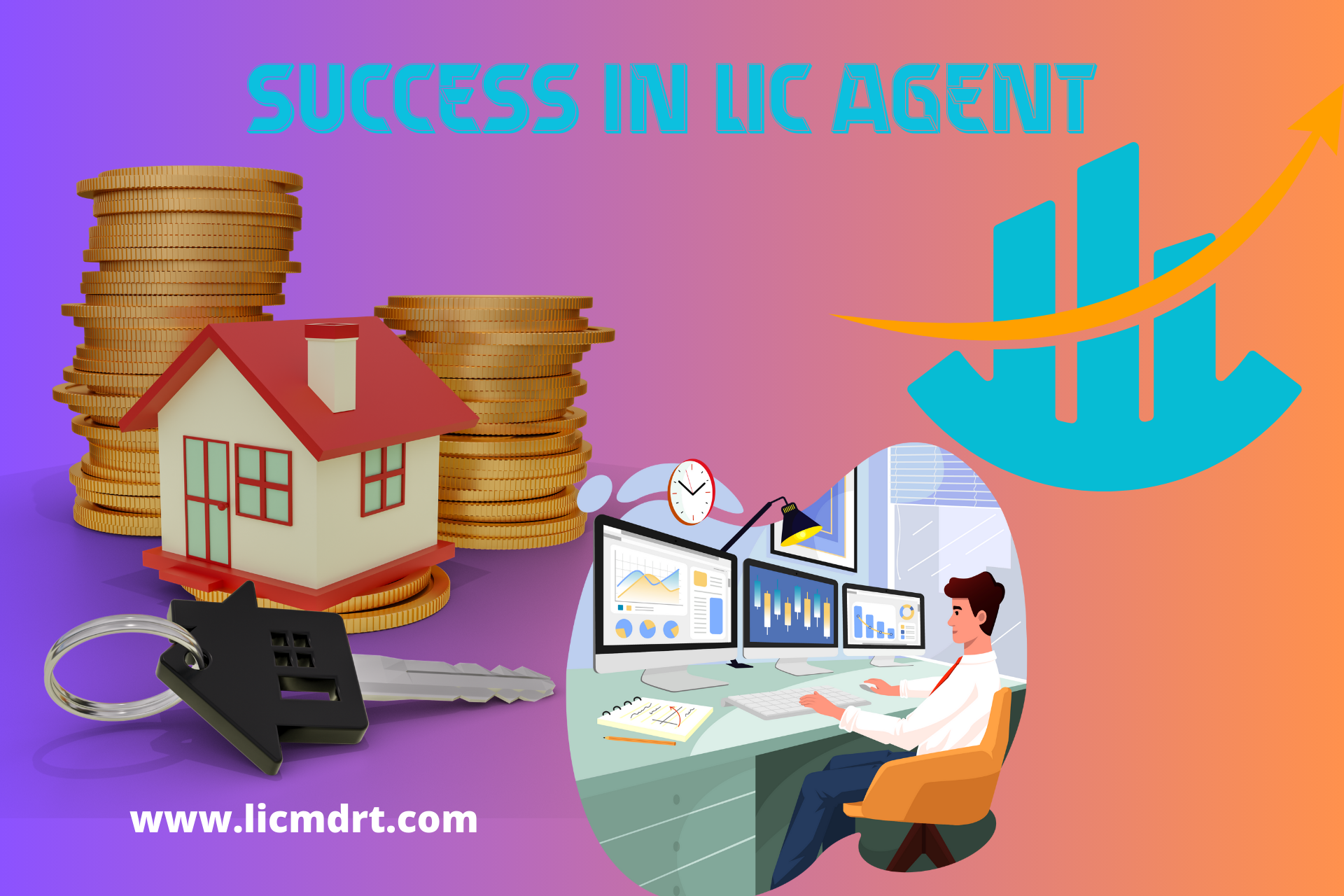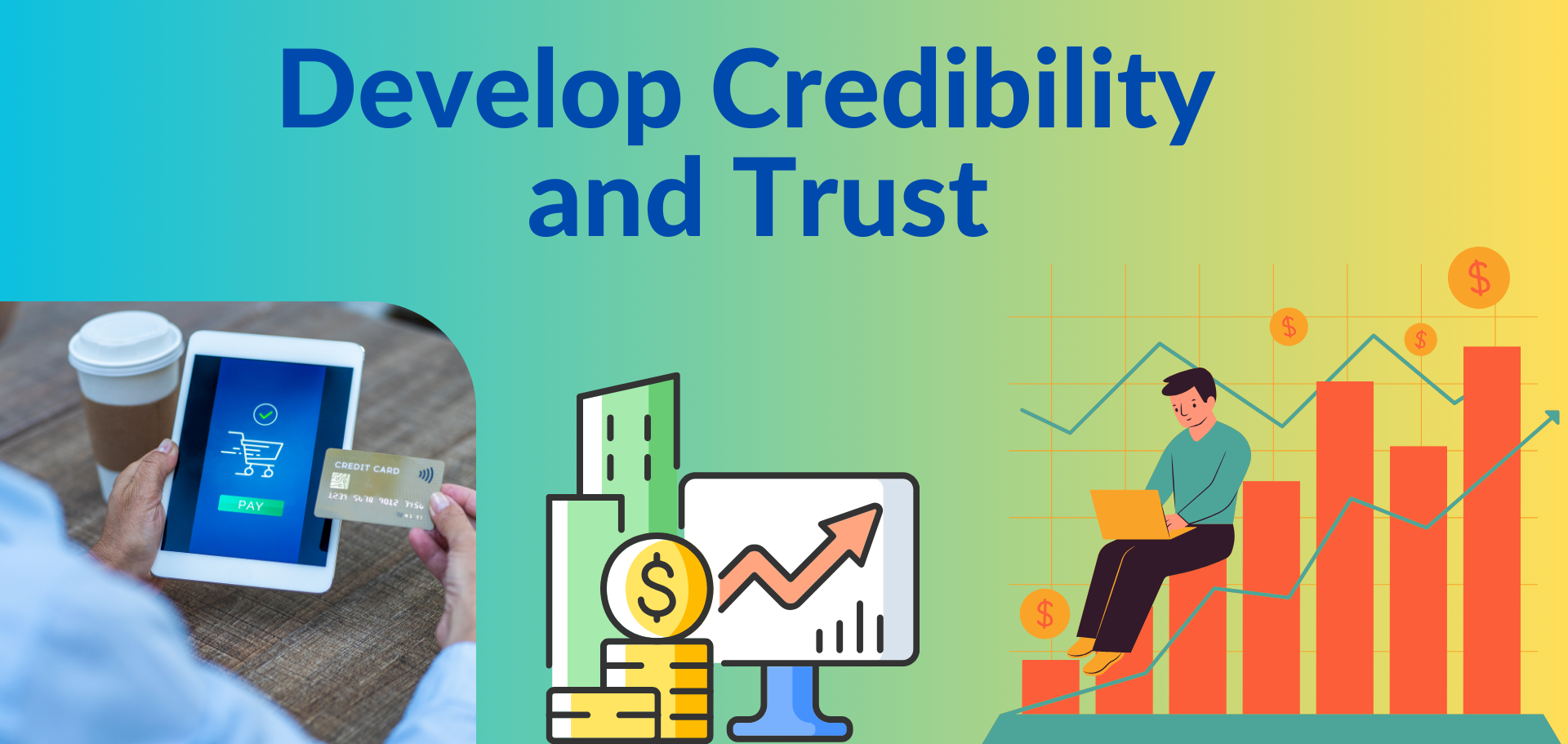We discus how to Success in LIC Agent? An agent of the Life Insurance Company (LIC) is primarily responsible for helping potential customers select the appropriate insurance products that meet their unique needs. A person can become a LIC agent if they have reached the age of majority (18) and finished their 10th grade education.
Being one of the biggest and most established life insurance organizations in India, the Life Insurance Corporation of India (LIC) has a rich and historic past. After the insurance business was nationalized, over 200 insurance companies and provident societies merged to form LIC, which was founded on September 1, 1956.
Private, domestic, and international businesses dominated India’s life insurance market prior to nationalization. But this gave rise to questions regarding the equitable distribution of insurance services and the defense of policyholders’ rights.
Nationalization and the Creation of LIC:
In 1956, the Indian government made the decision to unite the life insurance industry under a single organization, which resulted in the establishment of LIC. Making life insurance more widely available and more affordable for the Indian populace was the main goal.

Early Years of LIC:
During the early years of LIC, combining many entities into a unified organization proved to be a considerable problem. But LIC rose to popularity very fast thanks to a strong business plan and a dedication to meeting the requirements of the Indian people.
Growth and Expansion:
LIC was instrumental in raising national awareness of and penetration for life insurance. In order to reach every corner of India, it created a huge network of agents and offices and introduced a variety of insurance products to cater to diverse social segments.
Contributions to the Economy:
LIC has supported the Indian economy throughout the years in addition to being a major participant in the insurance industry. It has made a substantial investment in government securities and helped the country’s infrastructure grow.
Technological improvements:
To improve customer experience and optimize operations, LIC has embraced technological improvements in recent years by developing digital platforms and online services.
Current Significance:
LIC continues to be a mainstay of the Indian insurance market, offering a large selection of investment opportunities and insurance products. For millions of policyholders, it remains a symbol of financial security.
Present-day Dynamics of the Market:
1. Prospects for Growth:
• Digital Transformation: With the use of online platforms for policy issuance, premium payments, and customer support, the sector is moving toward digitization.
• Product Innovation: To appeal to a wide range of clients, insurers are launching cutting-edge life insurance products, such as integrated investment-linked policies and customisable plans.
• Raising understanding: A growing client base is a result of heightened understanding of the value of life insurance, particularly in developing nations.
2. Difficulties:
• Regulatory Changes: It can be difficult for insurers to adjust to changing regulatory frameworks and compliance requirements; this calls for ongoing attention to detail and revisions to business procedures.
• Intense Competition: Traditional and digital businesses are fighting for market share in this fiercely competitive industry. Effective differentiation techniques are therefore necessary for long-term growth.
• Economic Uncertainty: Changes in the economy can have an effect on consumer purchasing habits, which might affect the market for life insurance products.
3. Technological Integration:
• Insurtech Influence: By utilizing blockchain, data analytics, and artificial intelligence in underwriting, risk assessment, and claims processing, Insurtech is revolutionizing the insurance industry.
• Customer Experience: The importance of customer-centric technology solutions is growing, with a focus on giving policyholders a seamless and intuitive experience.

4. Changes in Demographics:
• Aging Population: In certain areas, an aging population increases the need for insurance policies that concentrate on pensions and retirement.
• Youth Market: Long-term viability depends on focusing on younger populations with creative products and marketing.
5. Regional and Worldwide Economic Aspects:
• Interest Rates: Changes in interest rates have an effect on insurers’ investment returns and how much their products cost.
• Pandemic Impact: People are becoming more interested in insurance coverage as a result of the continuing worldwide pandemic’s increased awareness of health and life dangers.
How to Success in LIC Agent Business
Develop your follow-up, communication, and body language abilities to establish yourself as a trustworthy LIC agent. Never overpromise to your clients; instead, make every effort to go above and beyond what they could have expected from you. Be prepared to assist and encourage your clients as they go through the LIC policyholder process.
Succeeding in the insurance industry, like LIC (Life Insurance Corporation of India), calls for a trifecta of abilities, know-how, and practical approaches. Here are some special recommendations to get you there:
1. Thorough Product Knowledge:
• Have a thorough understanding of the different insurance plans that LIC offers. This covers term insurance, unit linked insurance plans (ULIPs), standard plans, and more.
• Remain informed about policy modifications, the introduction of new products, and market trends.
2. Develop Credibility and Trust:
• Establishing trust is crucial in the insurance sector. In all you do, act with ethics, transparency, and honesty.
• Clearly explain to your clients the features and advantages of the insurance products.
3. CRM (customer relationship management):
• Build trusting bonds with your customers. Keep them updated on their rules, respond to their issues, and conduct follow-up on a regular basis.
• Customize your communications to each client’s unique demands in order to comprehend and meet them.

4. Networking:
• Create a robust network inside your neighborhood. To network with possible customers, go to local events, join business associations, and use social media.
•In the insurance business, word-of-mouth referrals are quite effective, so cultivate a good reputation.
5. Ongoing Education:
• Stay up to date on industry trends, legislative changes, and market circumstances.
• Whether it’s through online classes, workshops, or seminars, dedicate some time to ongoing education to improve your abilities.
6. Time Management:
Organize your schedule well to strike a balance between prospecting, paperwork, and client meetings. To optimize productivity, prioritize your chores and make reasonable goals.
7. Effective Communication:
Work on your communication abilities. This entails speaking clearly and concisely, actively listening, and modifying your communication approach depending on the needs of various clients.
8. Make Use of Technology:
Adopt technological tools to make your procedures more efficient. This covers internet platforms for client interactions, CRM software, and digital marketing tools.
9. Diversify Your Clientele:
Avoid depending too much on a single group of people. Increase the diversity of your clientele by adding individuals, families, and companies. This shields your company from changes in the economy.
10. Flexibility and Sturdiness:
The insurance sector is a dynamic one. Be resilient in the face of adversity and flexible to changes. Take lessons from your mistakes and use them to get better.
11. Set Financial Goals:
Make sure you have specific financial objectives for yourself. You’ll be more driven and concentrated as a result. Review your goals frequently and make adjustments in light of your performance.
Recall that a variety of elements, such as expertise, abilities, commitment, and strong interpersonal connections, are frequently necessary for success in the insurance industry. It takes time to build a great profession, so persevere and be patient.
How can a LIC agent expand his business?
Creating a network of referrals and obtaining leads from social media can both boost sales.
1. Be Well-Informed. Discover a product and get well-versed in it.
2. Develop Your Presentation Skills.
3. Tell a Story.
4. Form a Partnership.
5. Make Use of Social Media.
How do you become a fruitful LIC advisor?
Integrate integrity and openness into your daily business dealings. Resilience: Becoming an insurance agent might not be the best job choice for you if rejection causes you anxiety. To succeed in this field, you need to be extremely patient and ready to hear “no” a lot.
How can you succeed as a life insurance salesperson?
To solve their riddle, a successful insurance agent needs to possess the qualities listed below:
1.People Skills. The most important quality of a good insurance agent is people skills.
2. Effective Selling Techniques…. 3. Customer Support Expertise….
4. High Level of Energy. 5. Honesty.
6. Product Knowledge on a Range of Items.
7. Select the Appropriate Carrier.

How to approach your plan's client achievement in the LIC industry
The following are methods designed specifically for LIC agents to foster enduring relationships:
1. Comprehensive comprehension of client needs
2. Inform and Educate
3. Proactive correspondence
4. Deliver Outstanding Client Care
5. Tailored Resolutions
6. Periodic Policy Evaluations
7. Open Line of Communication
8. Initiatives to Show Client Appreciation
LIC strategy: what is it?
What is the purpose of our strategy? constructing a solid, long-lasting cooperative, setting the standard for our industry, leading the globe in our field, and providing exceptional value to our clients, investors, and sector this coming year, next year, and for next 100 years.
Agent-specific 15 lic product marketing strategy
As an agent for LIC (Life Insurance Corporation of India), developing a successful marketing plan requires combining conventional and contemporary methods. For an agent, consider these 15 LIC product marketing strategies:
1. Recognize Customer Needs:
Perform a comprehensive needs study to determine the insurance requirements and financial objectives of your clients.
2. Product Knowledge Workshops:
Plan webinars or workshops to inform prospective customers about LIC products, including their characteristics, advantages, and compatibility with various financial objectives.
3. Targeted Social Media Campaigns:
Make use of social media channels to connect with more people. Develop specialized advertising campaigns that showcase particular LIC products and their benefits.
4. Client Testimonials:
Display client endorsements and success stories. Positive feedback from current clients can increase credibility and confidence.

5. Local Community Engagement:
Take part in neighbourhood gatherings, support neighbourhood initiatives, and interact with neighbourhood companies. Making a name for yourself in the community may encourage word-of-mouth recommendations.
6. information marketing:
Produce educational information that explains the value of life insurance and the particular advantages of LIC products. Examples of this type of content include blog posts, essays, and videos.
7. Referral Programs:
Establish a scheme whereby customers or associates who recommend new business to you receive incentives. This may encourage current customers to suggest you to others.
8. Partnerships with Financial experts:
Work together to offer complete financial planning services by collaborating with financial experts. This might increase your clientele and provide them with a comprehensive approach to financial security.
9. Educational Seminars:
Organize seminars that impart knowledge on life insurance and financial planning. Present yourself as an authority in the area and provide free learning materials.
10. Online Presence Optimization:
Make sure your social media profiles and website are search engine optimized. Make sure prospective customers can quickly learn more about you and the LIC items you sell.
11. Cross-Selling chances:
Determine which of LIC’s many products present chances for cross-selling. For example, when a client expresses interest in term insurance, talk about the advantages of taking investment-linked products into account as well.
12. Loyalty Programs:
Establish loyalty programs that offer discounts or other perks to loyal customers in exchange for their renewals or purchases of additional policies.
13. Target Niche Markets:
Determine whether demographic groupings or niche markets might have particular insurance needs. Adjust your marketing strategy to meet these particular needs.
14. Mobile Apps and Technology:
Utilize LIC’s mobile applications and additional technological resources to offer customers a smooth and effective experience. Digital payment methods and online policy issuance are examples of this.
15. Remain Modern with Industry Trends:
Keep up with the latest developments in the field, and make sure your marketing materials reflect this knowledge. Staying current establishes you as an informed and trustworthy advisor.
It is imperative to adhere to all regulatory directives and ethical principles while putting these methods into practice. Developing an effective marketing strategy frequently entails combining various strategies, tailored to your target market’s needs and preferences.
Conclusion
The life insurance industry is negotiating a dynamic environment characterized by changes in consumer expectations, regulations, and technological improvements. Although there are many chances for expansion, insurers must overcome obstacles including increased competition, regulatory compliance, and economic uncertainty in order to prosper in this changing climate. It’s imperative that industry participants remain adaptable, foster innovation, and utilize technology to fulfill the changing requirements of policyholders.

